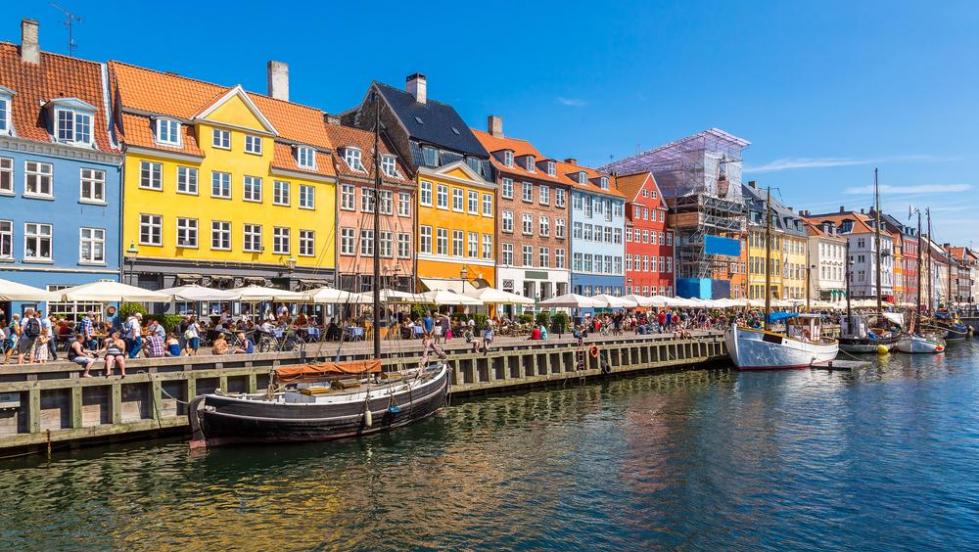About Denmark
Denmark, officially the Kingdom of Denmark, is a Scandinavian country in Europe and a sovereign state. The southernmost and smallest of the Nordic countries, it is south-west of Sweden and south of Norway, and bordered to the south by Germany. The country consists of a peninsula, Jutland, and an archipelago of 443 named islands, with the largest being Zealand and Funen. The islands are characterised by flat, arable land and sandy coasts, low elevation and a temperate climate. The Kingdom of Denmark also comprises two autonomous constituent countries in the North Atlantic Ocean: the Faroe Islands and Greenland. The unified kingdom of Denmark emerged in the 10th century as a proficient seafaring nation in the struggle for control of the Baltic Sea. Denmark has long stretches of sandy beaches, attracting many tourists in the summer, with Germany accounting for most foreign visitors. Swedish and Norwegian tourists often come to visit the relatively lively city of Copenhagen, while many young Scandinavians come for Denmark's comparably cheap and readily accessible beer, wines and spirits. As Europe's oldest kingdom and the home of Hans Christian Andersen, Denmark is often marketed as a "fairytale country". Among the major tourist attractions are Tivoli Gardens, the Freetown Christiania and The Little Mermaid, all located in Copenhagen. Kronborg Castle in Helsingør is famous for its associations with Shakespeare's Hamlet. The Louisiana Museum of Modern Art 30 km north of Copenhagen is the most visited museum in Denmark, and Roskilde Festival near Roskilde 30 km west of Copenhagen attracts over 100,000 guests every year.
